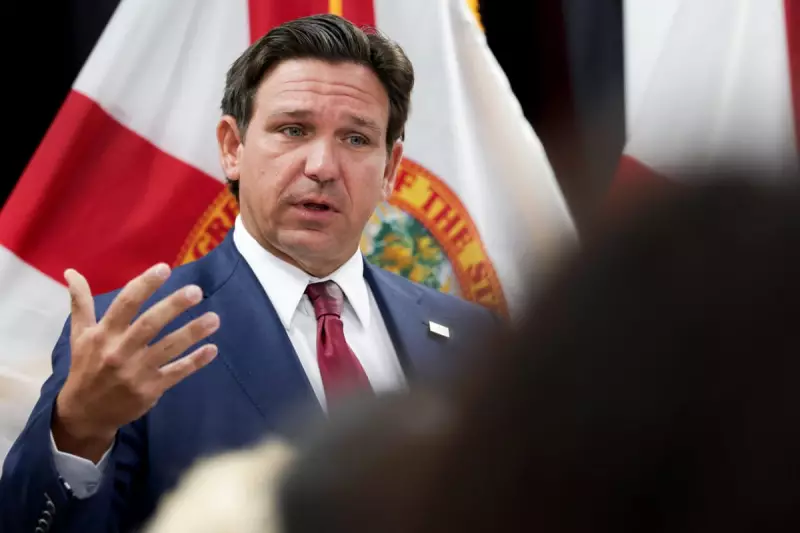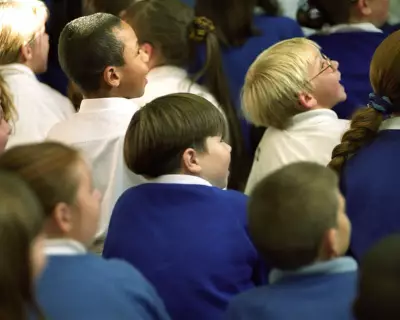
In a move that has sent shockwaves through Florida's higher education sector, Governor Ron DeSantis has enacted sweeping legislation that fundamentally alters how state universities can hire international talent. The new law, signed on Tuesday, imposes a comprehensive ban on state-funded institutions sponsoring H-1B visas for academic and research staff.
What the New Legislation Means for Florida's Universities
The controversial bill, which forms part of DeSantis's broader political agenda, effectively prevents Florida's public universities from hiring foreign professionals through the H-1B visa programme. This specialised visa category has traditionally been crucial for recruiting international researchers, scientists, and academics in fields where American talent is scarce.
Higher education institutions across Florida now face significant operational challenges. The legislation:
- Prohibits state universities from covering H-1B application fees
- Bans institutions from acting as sponsors for international hires
- Forces universities to seek alternative hiring solutions for specialised roles
- Potentially impacts research grants and international collaborations
The Political Context and National Implications
This legislative action represents the latest escalation in DeSantis's ongoing campaign against what he describes as "woke" ideologies in education. The governor has positioned Florida at the forefront of conservative education reform, previously targeting diversity programmes and curriculum content.
The timing is particularly significant, coming just days before crucial state elections and amid ongoing national debates about immigration policy and academic freedom. Critics argue the move could damage Florida's reputation as a centre for academic excellence and research innovation.
Potential Consequences for Academic Excellence
University administrators and faculty organisations have expressed deep concern about the practical implications. Many fear the state's universities could:
- Lose ground in global research rankings
- Face difficulties filling specialised academic positions
- See reduced competitiveness for federal research funding
- Experience brain drain as international researchers seek opportunities elsewhere
Supporters of the legislation argue it will prioritise American workers and reduce universities' reliance on foreign talent. However, opponents counter that the H-1B programme exists specifically to address skill shortages that cannot be filled domestically.
The full impact of this policy shift will likely unfold over the coming academic year, as hiring cycles progress and universities adapt to the new restrictions. What remains clear is that Florida's higher education landscape has entered uncharted territory, with potential ramifications that could extend far beyond state borders.





